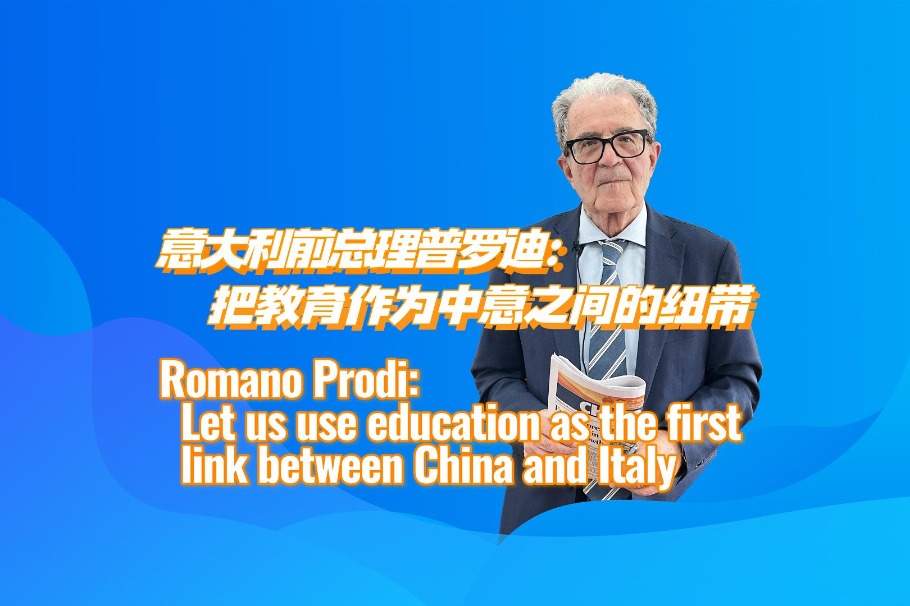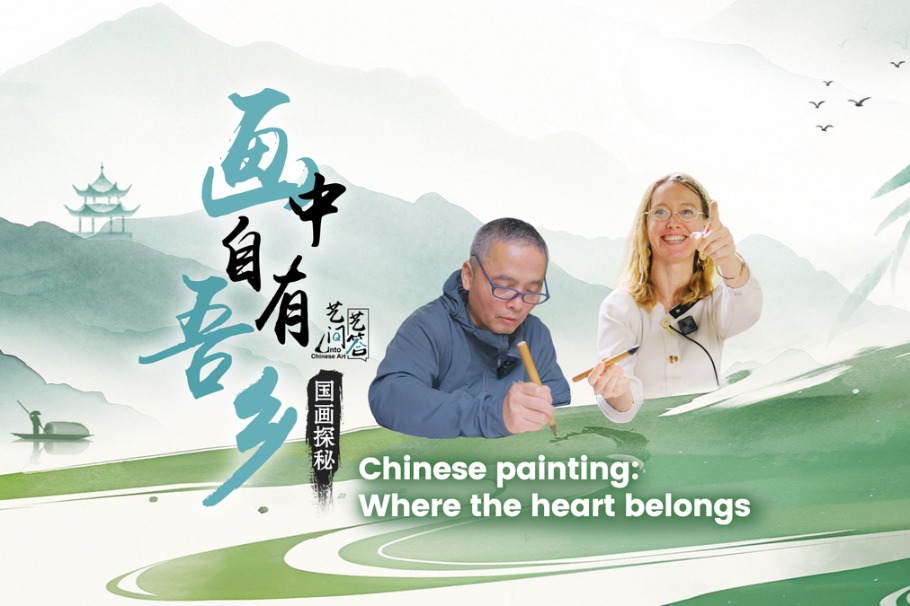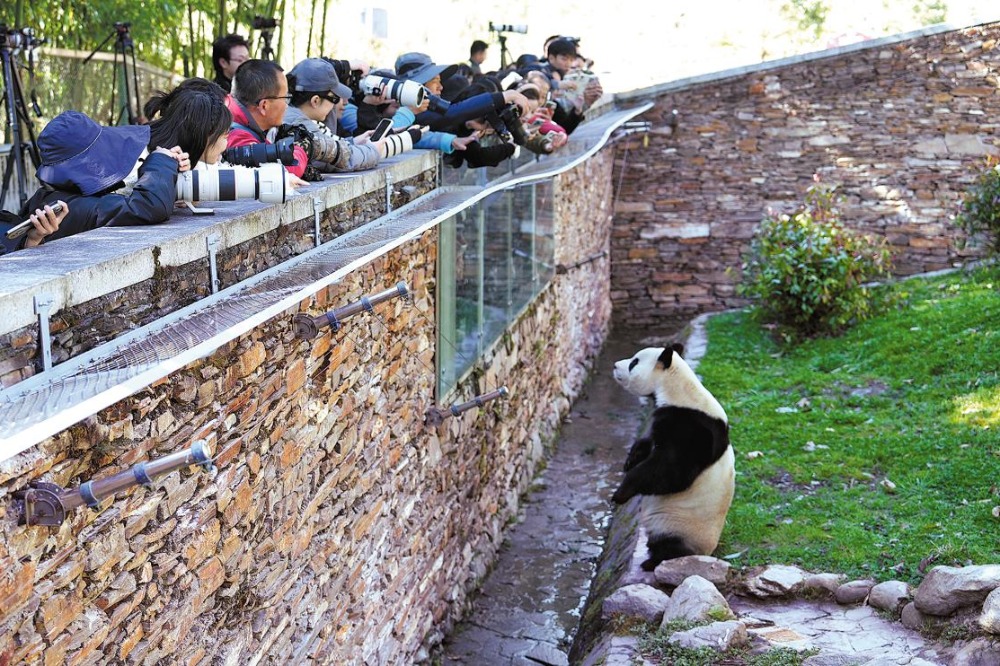Experts' views on China-France relations


Editor's note: This year marks the 60th anniversary of the establishment of China-France diplomatic ties. Over the past decades, China and France have enjoyed close cooperation in a wide range of areas including trade, and have made a series of pioneering achievements. Three experts share their views on the issue with China Daily.
Sino-French exchanges have a robust future
By Benoit Vermander
The first Western translation of The Analects of Confucius, and two other Confucian classics, appeared in Paris in 1687. Dedicated to King Louis XIV of France, the Latin-language volume spread throughout Europe. One of its editors, the Jesuit Philippe Couplet, was impressed by the philosophy of Confucius, as evidenced in his remark: "We can say that the ethical system of the philosopher Confucius is sublime. It is at the same time simple, sensible, and derived from the best sources of natural reason."
During the same period, several French Jesuits, later described as "Mathematicians of the King" arrived in Beijing, and became the mathematics teachers of Emperor Kangxi (1654-1722) of the Qing Dynasty (1644-1911).Their success in curing Kangxi of fever by administering quinine earned them the gift of a plot of land on which were later built an astronomical observatory and other buildings. Within 15 years of the five Jesuits' arrival, 40 other French Jesuits would travel to China.
The end of the 17th century and the first half of the 18th century were indeed a golden age of interaction between China and France, a heritage on which both nations can continue to build up.
One of the "Mathematicians of the King", Joachim Bouvet (1656-1730), corresponded with German philosopher Gottfried Wilhelm Leibniz (1646-1716), suggesting to him the connection between the binary system of arithmetic and the Yi Jing Hexagrams.
Jean-Franc?ois Gerbillon (1654-1707) was one of two Jesuits sent to assist Chinese ambassadors at the signing of the Treaty of Nerchinsk, and he proved to be an eminent cartographer. His work was continued by Joseph-Anne Mailla (1669-1748), who labored 18 years to produce maps of the empire upon the request of Emperor Kangxi, who in turn made him a "mandarin".
Joseph de Premare (1666-1736) was remarkably well versed in the Chinese language, and, once the manuscript was rediscovered, his language textbook became the basis of all the Chinese grammars published afterwards in Europe. Antoine Gaubil (1689-1759) was an excellent astronomer and historian. One of his pupils, Joseph-Marie Amiot (1718-93), became the pioneer of ethno-musicography and provided very detailed information on Chinese ritual music and dances.
The tradition of French Sinology was to continue and flourish. Today, the Belles Lettres publishing house hosts a book series of annotated, bilingual Chinese classics, in which one can find the works as diverse as the Classic of Tea by Lu Yu (about 733-804), the 1895 Manifesto of Kang Youwei (1858-1927), and a treatise on painting techniques authored by Shen Zongqian (about 1721-1803).
The popularity of this book series is made even more remarkable by the fact that the same publishing house was known first for the unparalleled critical editions of Latin and Greek classics that it had started more than 100 years ago. Through a renewed emphasis on the reading of classics, ages and civilizations are meeting at a deeper level.
On the Chinese side, from the middle of the 19th century onward, the Chinese intellectuals, artists, scientists and political leaders who received higher education or training in France are too numerous to be listed. Their posterity is thriving: several Chinese universities maintain joint programs with leading French academic institutions so their best students can prepare for research and write their doctoral theses in France.
The richness and length of the Chinese-French cultural interaction have allowed (and will continue to allow) both countries to overcome the frictions and misunderstandings that usually happen in any long-term relationship. When observing history from some distance, the alternation between "warmer" and "frostier" relations among societies and cultures appears with a clarity that makes the phenomenon much less preoccupying. A sense of distance helps to maintain normalcy, so as to ensure that continued dialogue and mutual learning prevail over emotional ups and downs.
At the same time, the past can never be repeated. Inventiveness brings about changes in relationships and helps them grow. What will make Chinese-French exchanges even more lively and meaningful today is a focus on common, global challenges.
When it comes to the reinvention of our educational models, to articulate the relationship between humankind and nature, to build a peace culture and to find ethical answers that the emergence of biotechnology and artificial intelligence calls for, both China and France are endowed with cultural resources harnessed by a cross-reading of their classics and traditions. From one culture to another, answers to such challenges will differ, but, in all cases, they will be fostered by a dialogue with the other. Such a dialogue leads each of us to appreciate one's specificities anew in the light of the interpretation delivered from another perspective.
Almost 350 years after it started, Chinese-French cultural exchanges not only remain alive but also are providing remarkable resources for the endeavor through which different societies and cultures can find interconnected solutions to common challenges and seize the shared opportunities.
The author is a professor and doctoral advisor at the School of Philosophy, Fudan University, Shanghai.
Today's Top News
- Boao Forum highlights role of multilateralism
- Washington urged to stop falsely picturing Beijing as threat
- Engagement key for stable ties with US
- DPP authorities will be held accountable for each and every secessionist move
- Ministry to expand carbon trading program
- A new global economic order, if it can be built






























